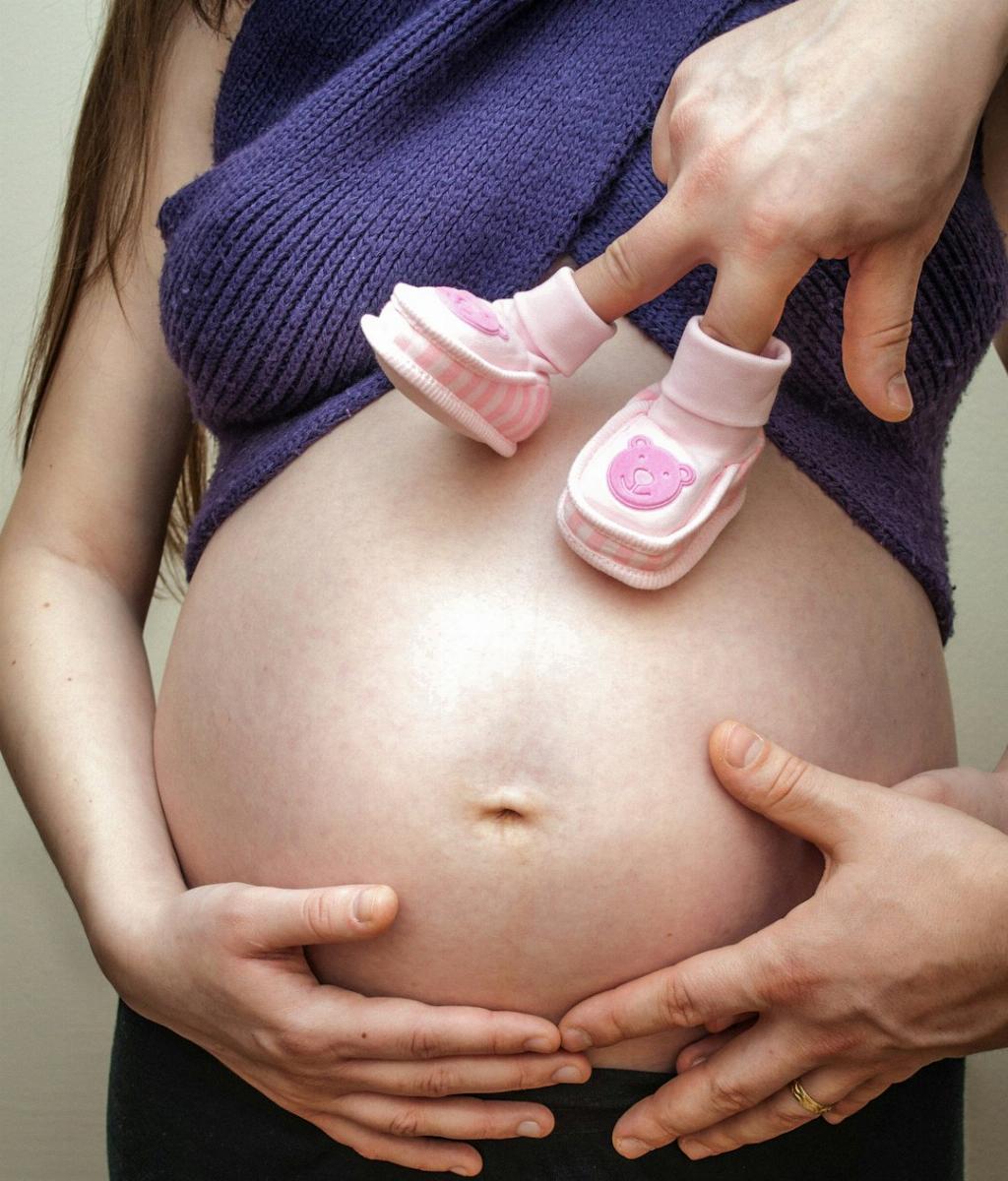When it comes to the consumption of caffeine during pregnancy, many women often question whether 200mg of caffeine is considered excessive or safe. The American College of Obstetricians and Gynecologists (ACOG) offers guidelines that recommend pregnant individuals limit their daily caffeine intake to less than 200mg, which is equivalent to approximately two six-ounce cups of coffee. This recommendation aims to balance the enjoyment of caffeinated beverages while minimizing potential risks associated with excessive consumption.
While the 200mg limit may seem restrictive to some, it is crucial to understand the rationale behind this guidance. Caffeine is a stimulant that can cross the placenta and reach the fetus, potentially impacting its development. High levels of caffeine intake have been associated with an increased risk of pregnancy complications, including low birth weight, preterm birth, and miscarriage. Therefore, adhering to the recommended limit can help reduce these risks and promote a healthier pregnancy.
It is worth noting that caffeine content can vary significantly among different beverages and products. While coffee is a common source of caffeine, other items such as tea, soda, energy drinks, and even certain medications can also contribute to overall caffeine intake. Being mindful of the caffeine content of various items consumed throughout the day is essential in staying within the recommended limit.
Individual tolerance to caffeine can also vary, meaning that some pregnant individuals may be more sensitive to its effects than others. Factors such as metabolism, age, weight, and overall health can influence how the body processes caffeine. It is advisable for pregnant individuals to pay attention to their body’s response to caffeine and adjust their intake accordingly to ensure optimal well-being.
While the 200mg guideline serves as a general recommendation, consulting with a healthcare provider can provide personalized advice based on individual circumstances. Some pregnant individuals may be advised to further reduce or eliminate caffeine consumption if they have specific medical conditions or concerns that warrant additional caution.
Studies investigating the effects of caffeine during pregnancy have yielded mixed results, with some suggesting potential risks at higher intake levels and others finding no significant associations with moderate consumption. This ambiguity underscores the importance of erring on the side of caution and adhering to established guidelines to minimize any potential adverse outcomes.
It’s essential for pregnant individuals to consider not only the quantity but also the timing of caffeine consumption. Distributing caffeine intake throughout the day rather than consuming large amounts at once can help maintain more stable levels in the body and reduce the risk of excessive exposure to the fetus.
Furthermore, being mindful of hidden sources of caffeine in certain foods, beverages, and medications can prevent unintended overconsumption. Reading labels and understanding the caffeine content of various products can aid pregnant individuals in making informed choices and avoiding potential pitfalls.
Ultimately, the decision regarding caffeine intake during pregnancy is a personal one that should be made in consultation with a healthcare provider. By balancing enjoyment with caution and staying informed about current recommendations, pregnant individuals can navigate caffeine consumption in a way that supports a healthy pregnancy and the well-being of both themselves and their developing baby.
In conclusion, while 200mg of caffeine may not be considered excessive for pregnancy according to current guidelines, staying within this limit and being mindful of individual factors can help ensure a safer and healthier pregnancy journey. By approaching caffeine consumption with moderation and awareness, pregnant individuals can make informed choices that support their well-being and that of their unborn child.

